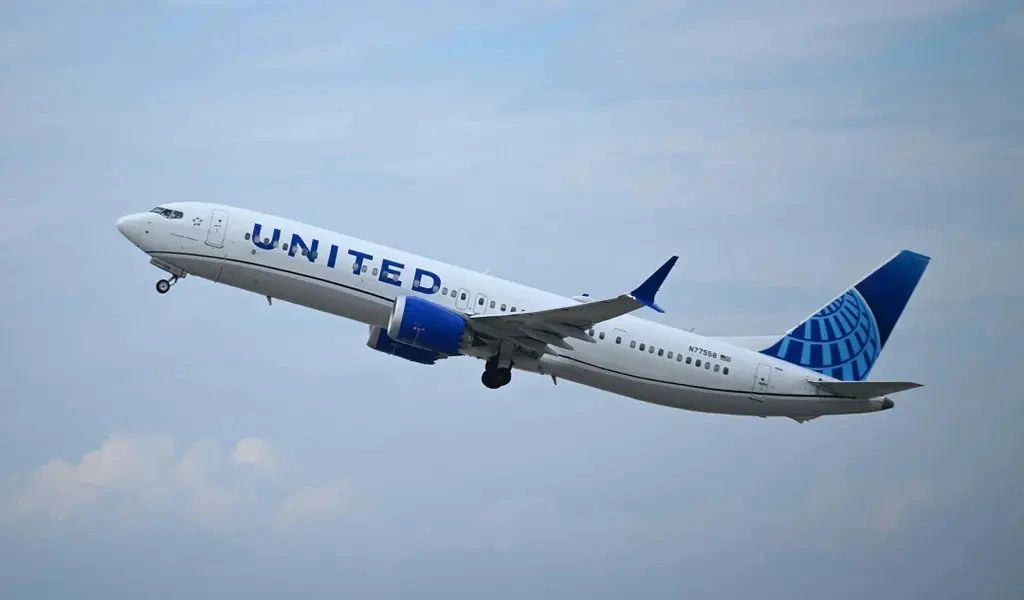(CTN News) – United Airlines demonstrates that sometimes, the most effective changes can be the most straightforward, in a world of high-tech, expensive innovations.
The change in their boarding policy not only streamlines the passenger experience, but also illustrates the concept of “small to big” in social influence, where small changes can have a significant, outsized effect.
In an effort to prioritize basic economy ticket holders, United Airlines began implementing a new boarding policy on October 26. Passengers seated in window seats will board first, followed by those seated in middle seats, and then those seated in aisle seats.
As a result of this simple reorganization, boarding times should be reduced by two minutes, a seemingly insignificant amount of time, but with the number of flights departing and arriving every day, this can make a significant difference to the airline’s daily operations.
It does not have to be high-tech to be innovative
According to conventional wisdom, innovative solutions require extensive research, cutting-edge technology, and astronomical investments. This change, however, turns the premise on its head: minor, yet effective changes can have a big impact.
Innovation doesn’t always require a huge budget or groundbreaking technology. Small adjustments can have a big impact if we recognize their significance.
United Airlines innovative boarding strategy relies on understanding human behavior and psychology. United Airlines aims to minimize passenger frustration and delays during boarding by reordering the boarding sequence based on seat location.
Though the change might seem simple, it aligns with the principles of behavioral science and the “small big” — the idea that small, subtle changes can have a significant impact.
Simple adjustments can make a profound impact even when they aren’t flashy or high-tech. In fact, sometimes it’s the small, common-sense changes that are most effective. Even the simplest modifications can lead to substantial improvements when based on a deep understanding of human behavior and tailored to meet the specific needs of an industry.
To see the impact of the new boarding protocol, let’s do some back-of-the-napkin math. There isn’t much to do in a couple minutes. However, scaled math and aggregate numbers prove the real impact.
Assume the following:
-
As a major airline, United Airlines operates approximately 4,500 flights a day.
-
Boeing 737s (a commonly used aircraft) consume about $75 of fuel per minute on average.
-
Based on all other factors combined, we will estimate a $100 operational cost savings per flight.
Savings potential:
-
Savings in fuel: 2 minutes per flight $75 per minute = $150 per flight; $150 per flight 4,500 flights per day = $675,000.
-
Savings: $100 per minute = $200 per flight; $200 per flight 4,500 flights per day = $900,000.
-
Savings per day: $675,000 (fuel savings) + $900,000 (operational cost savings) = $1,575,000
There is a significant business impact. Innovation doesn’t always require a large budget or cutting-edge technology. United Airlines sets a powerful example for the industry by recognizing the small adjustments that can drastically improve the passenger experience.
SEE ALSO:
Indicators Suggest Bitcoin And Gold Prices Will Outperform Stocks In November






